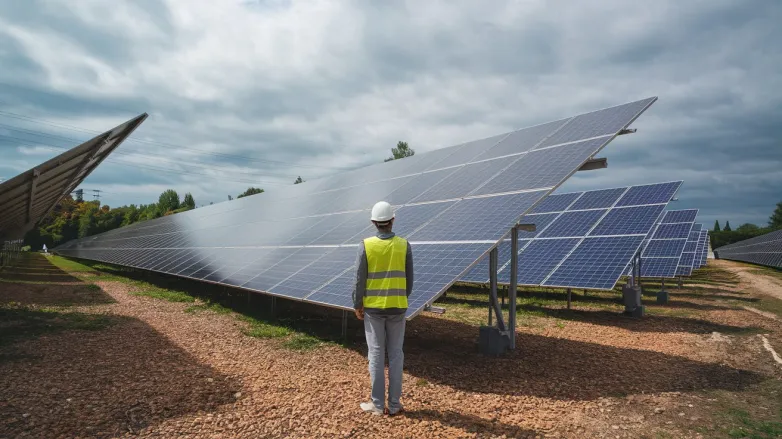VH Global Launches Two New Solar Plants in Brazil
Jan 20, 2025 04:16 PM ET
- VH Global Energy boosts Brazil's renewable landscape, energizing two new solar plants and raising its capacity to 34.3 MWdc, with more projects on the horizon!

VH Global Energy Infrastructure plc has successfully energized two solar distributed generation (DG) plants in Brazil, increasing its total operational solar DG capacity in the country to 34.3 MWdc across 12 projects. The newly activated plants are already generating revenue under long-term off-take agreements, which span from ten to 20 years.
The larger of the two plants has a capacity of 5.7 MWdc and is tied to a 20-year inflation-linked contract with Telefonica Brasil. Additionally, VH Global anticipates bringing a third plant, featuring 6.25 MWdc of capacity, online by Q1 2025, with three further projects slated for completion later in the year.
How are VH Global's new solar plants impacting Brazil's renewable energy landscape?
- Enhanced Renewable Capacity: The addition of VH Global's solar plants contributes significantly to Brazil's overall renewable energy capacity, part of the country's efforts to transition from fossil fuels to cleaner energy sources.
- Long-term Revenue Stability: The long-term off-take agreements associated with the new plants provide predictable revenue streams for VH Global, which not only strengthens the company's financial viability but also enhances the attractiveness of renewable investments in Brazil.
- Support for Energy Diversification: By increasing its solar DG capacity, Brazil is diversifying its energy mix, reducing reliance on hydroelectric power— traditionally the dominant force in Brazil’s energy landscape—but which is vulnerable to climate variability.
- Job Creation and Local Economy Boost: The construction and operational phases of these solar plants are likely generating job opportunities in local areas, further contributing to regional economic development and resilience.
- Environmental Impact and Carbon Footprint Reduction: The activation of these plants aids in the reduction of greenhouse gas emissions, positioning Brazil more favorably in global climate discussions and helping it to meet its international commitments to reduce carbon footprints.
- Scalability and Future Investments: The success of these projects may encourage further investments in solar energy and other renewable technologies, making Brazil a more attractive market for international renewable energy companies.
- Technological Innovation: With each new project, VH Global is likely integrating advanced solar technologies which may enhance energy efficiency and performance, fostering innovation within the Brazilian renewable sector.
- Community Engagement and Awareness: The development of solar plants often leads to increased community engagement, promoting awareness around renewable energy benefits and driving local support for sustainable initiatives.
- Grid Stability and Energy Security: The introduction of distributed generation (DG) plants supports grid stability by reducing reliance on centralized power sources, thereby fostering greater energy security in an era of rising energy demand.
- Regulatory Framework Alignment: VH Global's projects align with Brazil's regulatory framework aimed at promoting renewable energy, potentially motivating legislative support and incentives for further renewable initiatives in the country.
- Positioning in Global Context: Brazil's investment in solar energy contributes to its standing as a leader in renewable energy in Latin America, setting an example for other countries in the region to enhance their own energy strategies.
Also read

